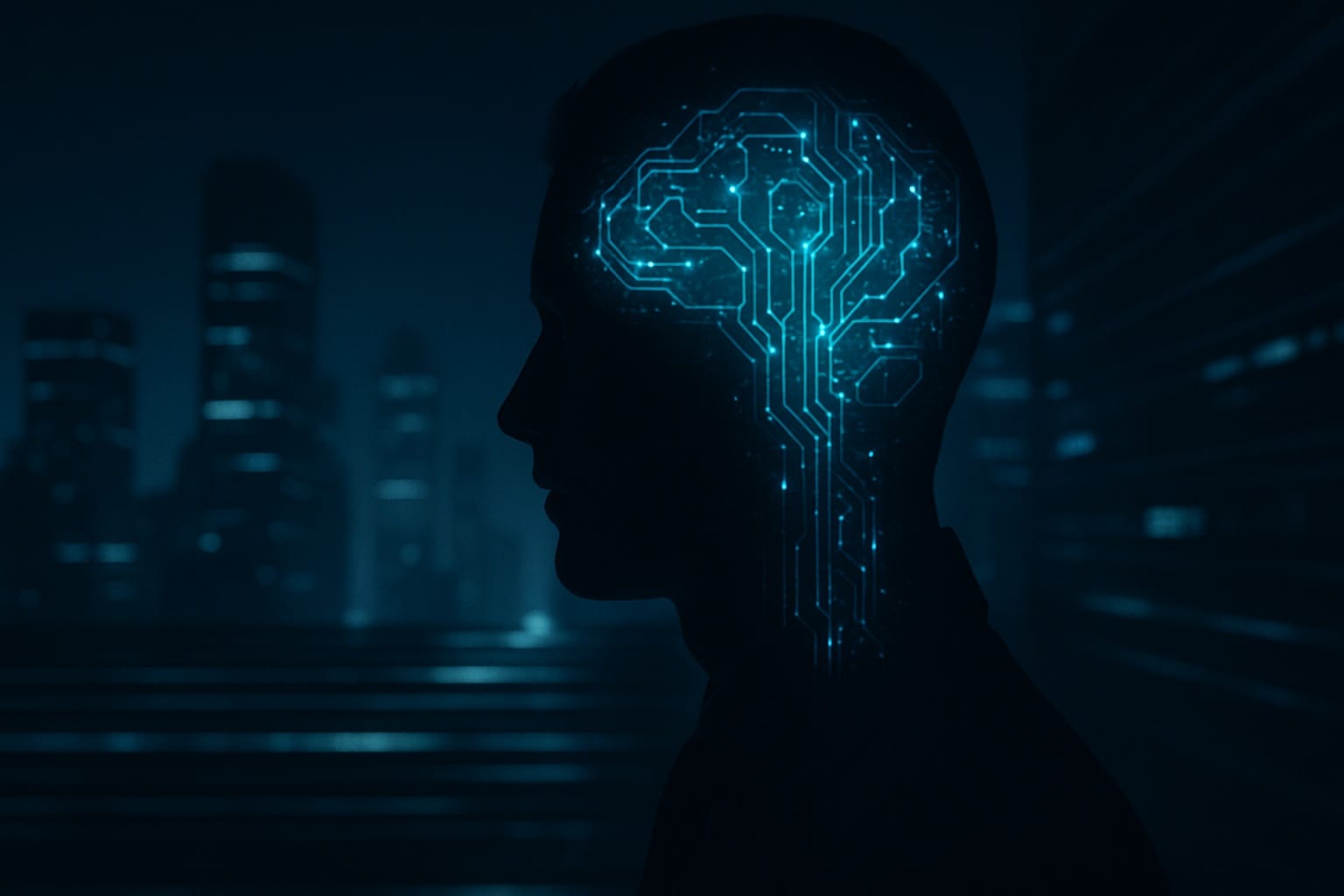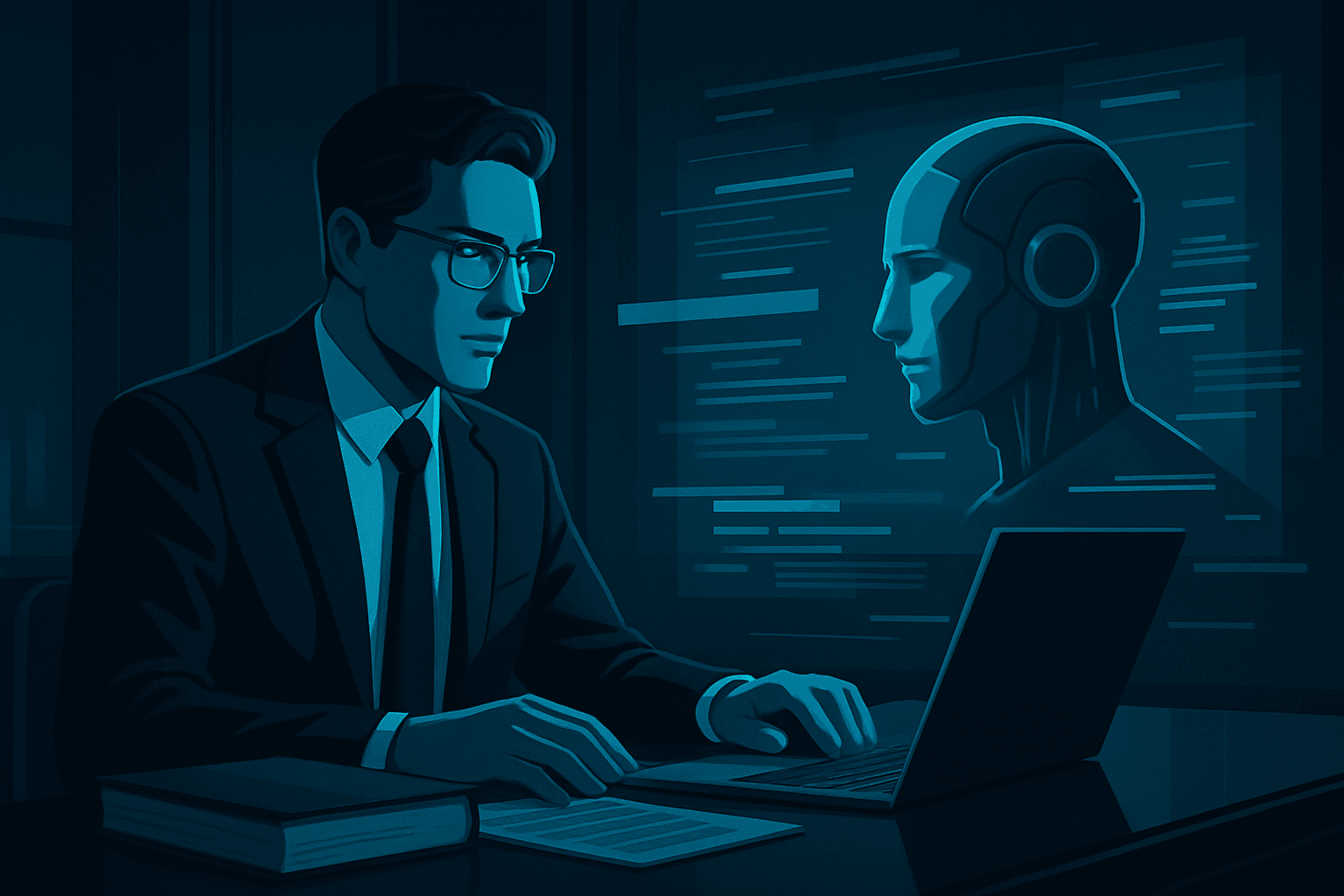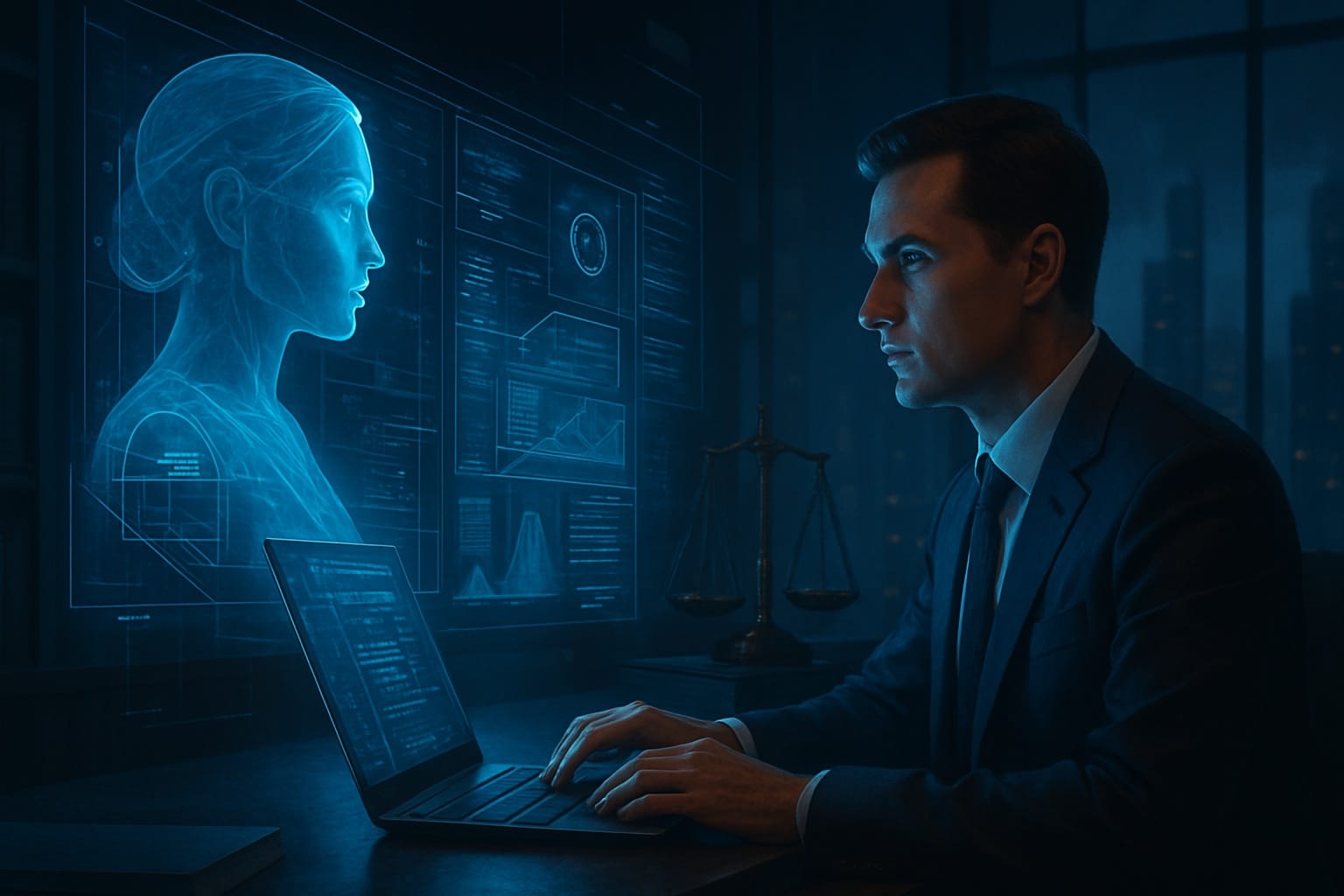Understanding Artificial Intelligence for IP Litigation: Key Considerations for Competitive Advantage

Artificial intelligence is transforming industries, offering companies a significant edge when implemented effectively. For IP litigation attorneys, understanding the components of a successful artificial intelligence project is critical, particularly when evaluating intellectual property disputes involving software or proprietary data. A successful artificial intelligence initiative requires a software expert witness, domain expertise, appropriate algorithms, and high-quality data. This article explores these elements and their relevance to IP litigation, providing insights into avoiding common pitfalls that could undermine a project’s validity or competitive advantage.
The Role of Expertise in Artificial Intelligence Projects
A frequent error in artificial intelligence projects is failing to pair a domain expert with a software expert witness skilled in artificial intelligence. Assigning the project solely to one type of expert often leads to suboptimal outcomes. Artificial intelligence is a complex field requiring specialized knowledge to select and implement algorithms effectively. A domain expert, while knowledgeable in their industry, may lack the technical expertise to choose the right algorithm or manage the nuances of an artificial intelligence pipeline, such as data preprocessing or model validation. This can result in unreliable outcomes, which could be scrutinized in IP litigation for validity or infringement claims.
Conversely, a software expert witness with artificial intelligence expertise may not fully understand the domain-specific context of the data. For instance, in a patent dispute involving a healthcare artificial intelligence model, the expert must understand both the technical implementation and the medical context to assess whether the model infringes on existing patents. Combining both types of expertise ensures robust project outcomes and defensible positions in litigation. For further reading on the importance of expertise in artificial intelligence, see this guide from Towards Data Science.
Choosing the Right Artificial Intelligence Algorithms
Selecting the appropriate artificial intelligence algorithm is another critical factor in technology strategy. With numerous algorithms available, each suited to specific problem types, the choice should be guided by a software expert witness with deep technical knowledge. In IP litigation, disputes often arise over whether a novel algorithm constitutes a patentable invention or infringes on existing intellectual property. Attorneys should be cautious of claims touting new algorithms as competitive advantages without thorough due diligence. Many open-source algorithms, such as those available through scikit-learn, can achieve similar results, potentially undermining claims of novelty.
Attempting to invent new algorithms without exploring existing options can lead to wasted resources and legal vulnerabilities. For example, in a trade secret dispute, a company claiming a proprietary algorithm must demonstrate that it is distinct from freely available alternatives. A software expert witness can provide critical analysis to validate or challenge such claims, ensuring attorneys have the technical foundation needed for their case. An artificial intelligence expert witness brings specialized knowledge of both algorithm design and implementation to evaluate these technical disputes. For more on algorithm selection, refer to this resource from MIT Technology Review.
The Importance of Proprietary Data
Data is the cornerstone of any artificial intelligence project, and its source significantly impacts competitive advantage. Freely available data, such as datasets from Kaggle, combined with open-source algorithms, rarely provides a defensible edge in IP disputes. Proprietary data, collected and maintained securely, is often the key to establishing a competitive advantage or defending a patent. For IP litigation attorneys, understanding the provenance and handling of data is essential when evaluating trade secret claims or data-related infringement.
Data handling also presents challenges. It must be cleaned, normalized, and enriched to ensure model accuracy. Improper handling can introduce biases or errors, which a software expert witness can identify during litigation to challenge the reliability of an artificial intelligence model. In cases where data is insufficient, new data collection may be required, further emphasizing the need for expert oversight. For insights into data management best practices, see this article from Harvard Business Review.
Legal Implications for IP Litigation
In IP litigation, artificial intelligence projects are often at the heart of disputes over patents, trade secrets, or copyrights. A software expert witness plays a pivotal role in dissecting the technical components of a case, from algorithm selection to data handling. For instance, in a patent infringement case, the expert can evaluate whether an artificial intelligence model relies on proprietary methods or merely replicates open-source solutions. Similarly, in trade secret litigation, the expert can assess whether data or algorithms were misappropriated, providing clarity on complex technical issues for the court.
Non-technical attorneys may not be aware that artificial intelligence models are only as strong as their data and expertise, which is why understanding how attorneys can leverage AI agents effectively is crucial. Missteps in project design, such as relying solely on a domain expert or failing to explore existing algorithms, can weaken a company’s IP claims or expose vulnerabilities in litigation. By engaging a software expert witness, attorneys can ensure a thorough technical evaluation, strengthening their case.
Conclusion
Artificial intelligence offers immense potential for competitive advantage, but only when executed with proprietary data, expert algorithm selection, and collaboration between domain and artificial intelligence experts. For IP litigation attorneys, these factors are critical when evaluating the validity of intellectual property claims or defending against infringement allegations. Engaging a software expert witness ensures a robust analysis of technical components, providing a strong foundation for legal arguments. For expert support in artificial intelligence-related litigation, visit Sidespin Group to connect with world-class professionals.
Written by
Related Insights
Discuss your Case
- info@sidespingroup.com
- (800) 510-6844
- Monday – Friday
- 8am – 6pm PT
- 11am – 9pm ET


